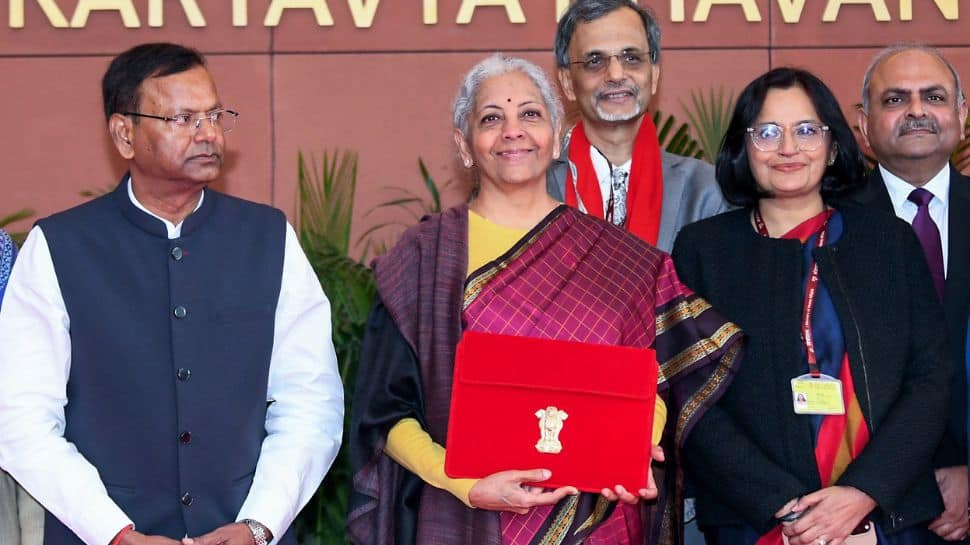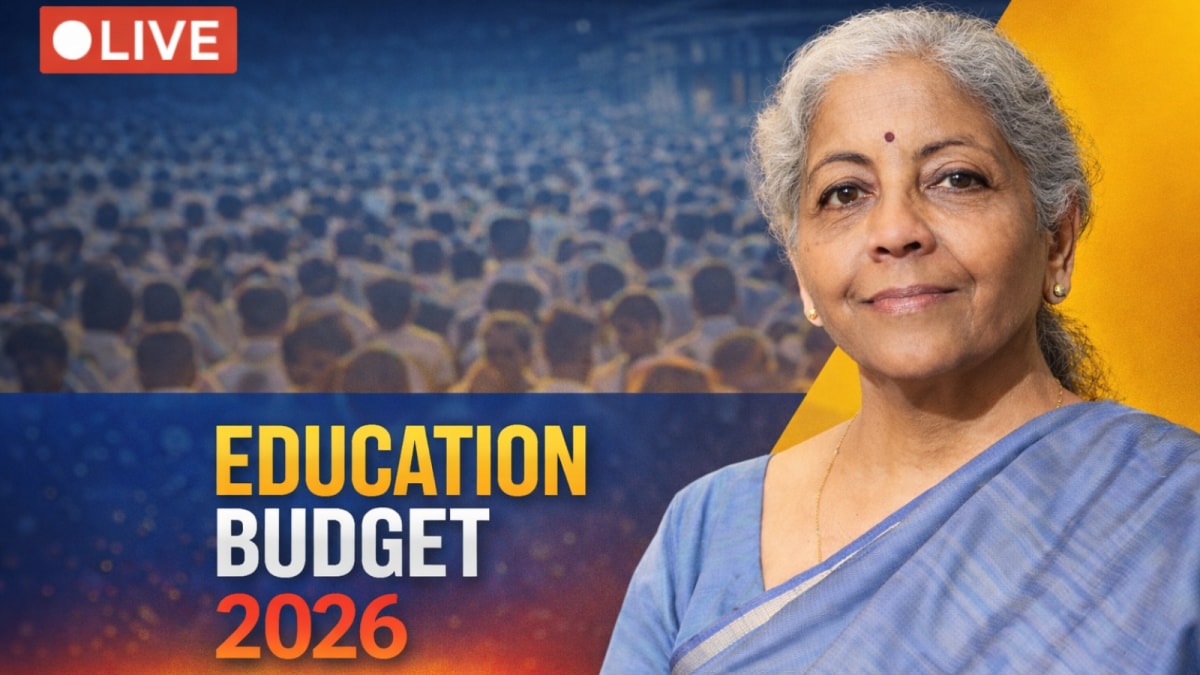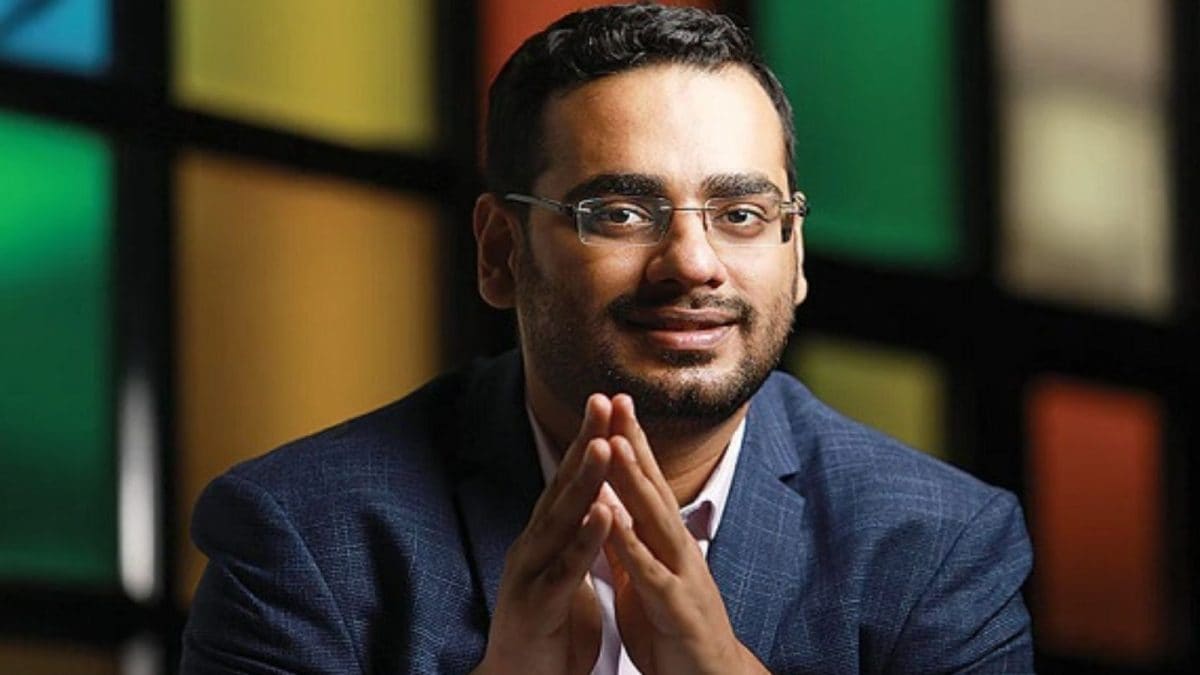Business
OPEC+ output hike pushes up crude prices amid Russian supply risks | The Express Tribune

Oil extended gains on Tuesday, supported by the latest oil output hike from OPEC+ being smaller than anticipated, expectations that China will continue stockpiling oil and concerns over potential new sanctions on Russia.
Eight members of the Organization of the Petroleum Exporting Countries and allies agreed on Sunday to raise production from October by 137,000 barrels per day, lower than the increases of about 550,000 bpd they made for September and August.
Brent crude rose 47 cents, or 0.7%, to $66.49 a barrel by 0910 GMT, while US West Texas Intermediate crude climbed 72 cents, or 1.2%, to $62.98.
“Prices are holding up amid speculation that production will not rise by the amount the eight members have allowed themselves, and not least the fact that China, according to data, has been buying around 0.5 million barrels per day towards stockpiling,” said Ole Hansen of Saxo Bank.
China’s stockpiling of oil, which has helped soak up excess production this year, is likely to continue at a similar rate in 2026, the chief strategist for commodity trading house Gunvor said on Monday
Crude is also drawing support from the reduced amount of unused production capacity in OPEC+, said Giovanni Staunovo of UBS. A drop in spare capacity limits the group’s ability to cover for sudden supply shocks and tends to support prices.
“The realization that the October OPEC+ supply increase could be 60,000-70,000 barrels per day is one factor, the other is that OPEC+ spare capacity is much smaller than many thought,” he said of the reasons for the rally.
Speculation of more sanctions on Russia after the country’s biggest air attack on Ukraine set fire to a government building in Kyiv also supported prices. US President Donald Trump said he was ready to move to a second phase of restrictions.
Further sanctions on Russia would diminish its oil supply to global markets, which could support higher oil prices.
Also in focus is the expectation that the US Federal Reserve, which meets next week, will cut interest rates. Lower rates reduce consumer borrowing costs and can boost economic growth and demand for oil.
Business
Budget 2026: Cabinet gives green signal to Union Budget 2026–27

New Delhi: The Cabinet on Sunday approved the Union Budget 2026-27 during a meeting in Parliament chaired by Prime Minister Narendra Modi. A meeting of the Union Cabinet was held at Sansad Bhawan at 10 a.m., and after the Cabinet’s approval, Finance Minister Nirmala Sitharaman proceeded to Parliament to present the Budget.
Earlier, FM Sitharaman met President Droupadi Murmu and offered her a copy of the digital budget. The President also offered ‘dahi-cheeni’ (curd and sugar) to Sitharaman when she arrived at the Rashtrapati Bhavan. The Finance Minister was seen carrying her trademark ‘bahi-khata’, a tablet wrapped in a red-coloured cloth bearing a golden-coloured national emblem on it.
Minister of State for Finance Pankaj Chaudhary, Chief Economic Advisor Dr V. Anantha Nageswaran, Central Board of Direct Taxes (CBDT) Chairman Ravi Agrawal and other officials were seen accompanying the Finance Minister. Sitharaman was set to present her ninth consecutive Union Budget in the Lok Sabha. In 2021, she switched to using a digital tablet to carry the Budget papers, further promoting a modern and eco-friendly approach.
The ‘bahi-khata’ is a red pouch that holds the digital tablet containing the Budget documents. This year, Sitharaman opted for a deep maroon Kanjeevaram saree from Tamil Nadu. The saree featured a deep maroon base with a contrasting border and subtle gold detailing, paired with a yellow blouse.
The Budget is likely to strike a deft balance of sustaining growth momentum and maintaining fiscal consolidation. It also needs to address near-term challenges emanating from unprecedented geopolitical flux, said economists. According to economists, the budget is likely to focus more on capital expenditure, especially in sectors deemed to be strategically important owing to prevailing geopolitical compulsions.
While the FY26 Budget was more tilted towards stimulating middle-class consumption with tax reliefs, the FY27 Budget’s approach to stimulating consumption will be selective, they added.
Business
Education Budget 2026 Live Updates: What Will The Education Sector Get From FM Nirmala Sitharaman?

Union Education Budget 2026 Live Updates: Union Finance Minister Nirmala Sitharaman will present the Union Budget 2026–27 on February 1, with a strong focus expected on the Education Budget 2026, a key area of interest for students, teachers, and institutions across the country.
In the previous budget, the Bharatiya Janata Party government announced plans to add 75,000 medical seats over five years and strengthen infrastructure at IITs established after 2014. For 2025, the Centre had earmarked Rs 1,28,650.05 crore for education, a 6.65 percent rise compared to the previous year.
Meanwhile, the Economic Survey 2025–26, tabled in the Parliament of India, points to persistent challenges in school education. While enrolment at the school level is close to universal, this has not translated into consistent learning outcomes, especially beyond elementary classes. The net enrolment rate drops sharply at the secondary level, standing at just over 52 per cent.
The survey also flags concerns over student retention after Class 8, particularly in rural areas. It notes an uneven spread of schools, with a majority offering only foundational and preparatory education, while far fewer institutions provide secondary-level schooling. This gap, the survey suggests, is a key reason behind low enrolment in higher classes.
Stay tuned to this LIVE blog for all the latest updates on the Education Budget 2026 LIVE.
Business
LPG Rates Increased After OGRA Decision – SUCH TV

The Oil and Gas Regulatory Authority (Ogra) has increased the price of liquefied petroleum gas (LPG). According to a notification, the price of LPG has risen by Rs6.37 per kilogram. Following the increase, the price of a domestic LPG cylinder has gone up by Rs75.21. The revised prices have come into effect immediately.
The rise in LPG prices has added to the inflationary burden on household consumers.
-

 Business1 week ago
Business1 week agoSuccess Story: This IITian Failed 17 Times Before Building A ₹40,000 Crore Giant
-

 Fashion1 week ago
Fashion1 week agoSouth Korea tilts sourcing towards China as apparel imports shift
-

 Sports1 week ago
Sports1 week agoTransfer rumors, news: Saudi league eyes Salah, Vinícius Jr. plus 50 more
-

 Sports5 days ago
Sports5 days agoPSL 11: Local players’ category renewals unveiled ahead of auction
-

 Entertainment1 week ago
Entertainment1 week agoTikTok seals deal for new US joint venture to avoid American ban
-

 Fashion1 week ago
Fashion1 week agoTamil Nadu wind policy tweaks to boost textile sector competitiveness
-

 Entertainment1 week ago
Entertainment1 week agoThree dead after suicide blast targets peace committee leader’s home in DI Khan
-

 Sports1 week ago
Sports1 week agoWanted Olympian-turned-fugitive Ryan Wedding in custody, sources say











